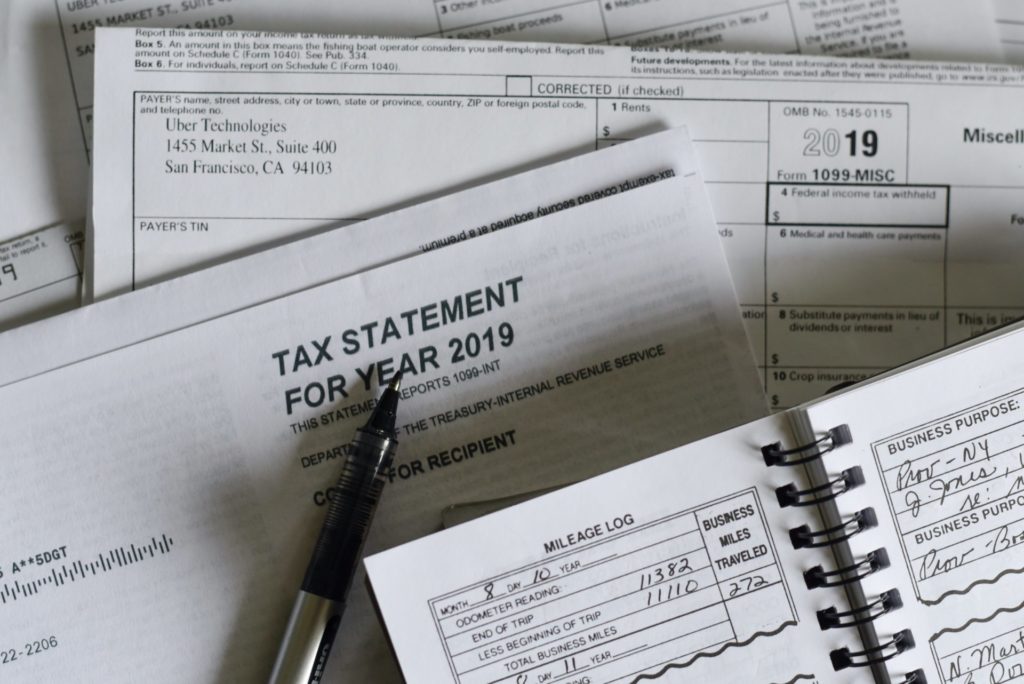Europe has come one step closer to tackling tax evasion by endorsing a Transparency Law bill that will soon oblige big multinationals to publically declare what taxes they pay in each EU country.
On Monday, the Committees on Economic and Monetary Affairs and Legal Affairs approved a provisional agreement previously reached by the European Parliament and Council negotiators which will affect multinationals and their subsidiaries that are active in several countries and with annual revenues of over €750 million.
"After five long years of blockade of this dossier by a certain number of member states, this vote takes us one step closer to approving the agreement reached with the Council. I am proud that Europe is setting the trends by adopting a first-of-its-kind law globally that will make currently undisclosed information publicly available," MEP Iban García del Blanco said.
Related News
- Pandemic has fuelled sense of corruption among EU citizens, survey finds
- Last step: EU officially signs Digital Covid Certificate for travel
According to a recent study, 80% of the profits transferred within the EU are moved to EU tax-havens. "This is where our deal on public country-by-country reporting kicks in," said MEP Evelyn Regner.
Reporting on countries on the tax haven blacklist, officially the EU list of non-cooperative tax jurisdictions or so-called EU “black” and “grey” listed countries, will also be included in the bill to further tackle external risks of tax abuse and unfair tax competition.
In the upcoming review, the committees will work towards extending the obligation to disclose information in every country of the world on disaggregated basis, "which is a long-standing priority of the Parliament," said Regner.
The European Parliament is expected to approve the Council position after the summer recess, after which the directive will be adopted and published in the Official Journal, giving member states 18 months to transpose it into national law.
Over €120 billion in additional revenue
Aside from tightening rules around tax transparency, imposing minimum tax rates on corporate profits would further help tackle tax avoidance.
During the G7 Summit in Cornwall last week, the leaders of the world's leading industrial nations reached an outline agreement on a global minimum tax rate for companies, which they proposed should be at least 15% for larger companies, up from the current average of around 6-7%.
This would give European countries more rights to tax, for example, American tech companies such as Facebook and Amazon.
According to calculations by the Organisation for Economic Cooperation and Development (OECD), implementing a global minimum tax rate on corporate profits would generate about $150 billion (around €123 billion) in additional revenue for governments around the world.
"The amount is not the only thing that matters, the measure is also an important step towards regulating globalisation more and ensuring greater fairness in taxation worldwide," Pascal Saint-Amans, director of the tax policy centre at the think tank, said.
In the coming weeks, the negotiators of some 140 countries, led by the OECD, are expected to come up with a proposal on a minimum tax, which will then be discussed at a meeting of the G20 next month, between 19 major industrialised countries and the European Union.
Saint-Amans is optimistic that an agreement can soon be reached within the G20. "We have been sleeping very little for a month and the next two weeks will also be very important," he said. "But I think we will get there."
A report from ProPublica earlier this month revealed that the taxation of the world's richest individuals also remains an issue, as a vast cache of IRS information showed that billionaires including Jeff Bezos, Elon Musk, and Warren Buffett are paying little in income tax compared to their massive wealth.
The information showed that in 2007 and 2011, Bezos, Amazon founder, and the world's richest man, didn't pay any taxes, as well as Musk, founder of Tesla, who is the second-richest person in the world.

